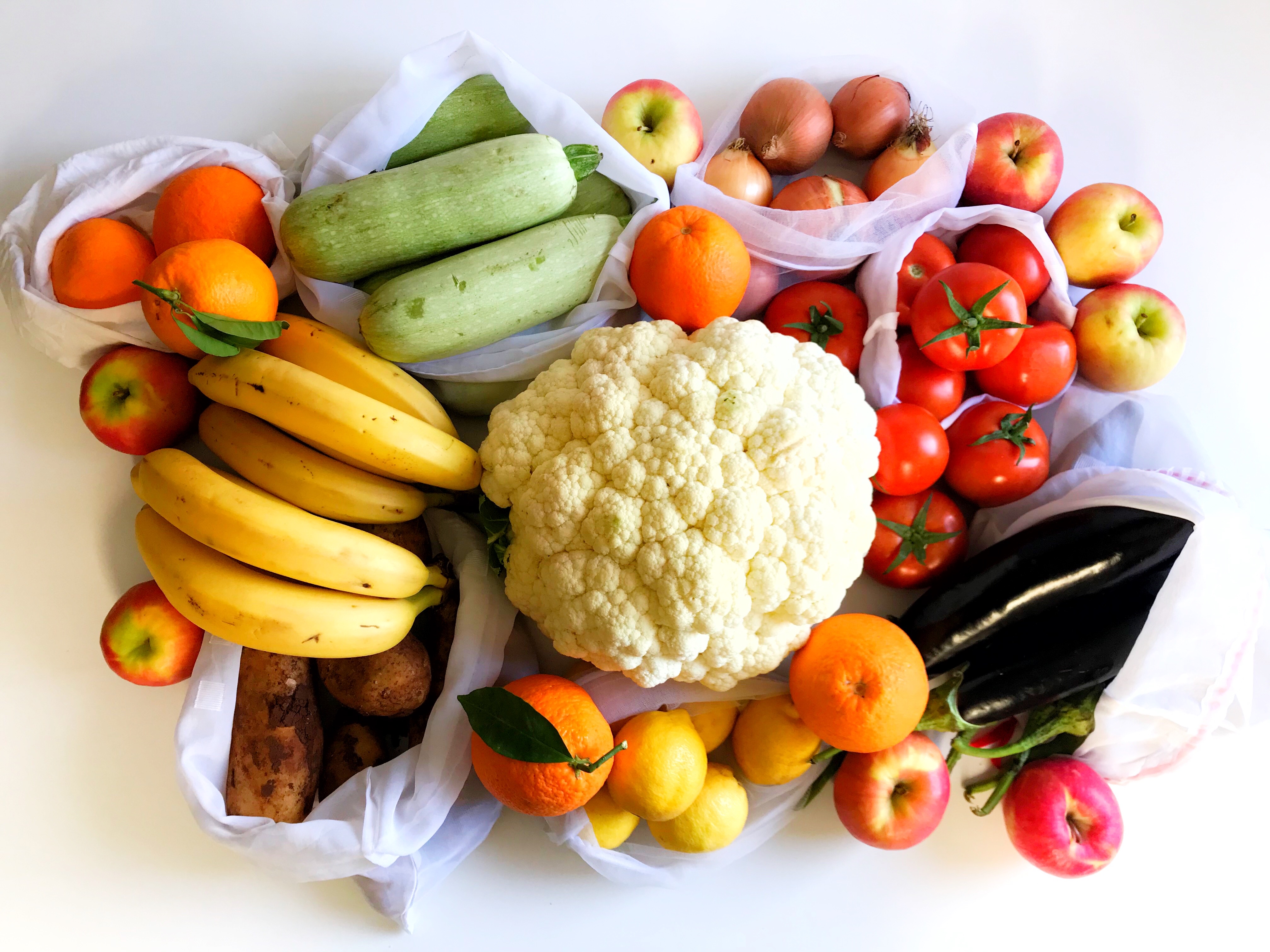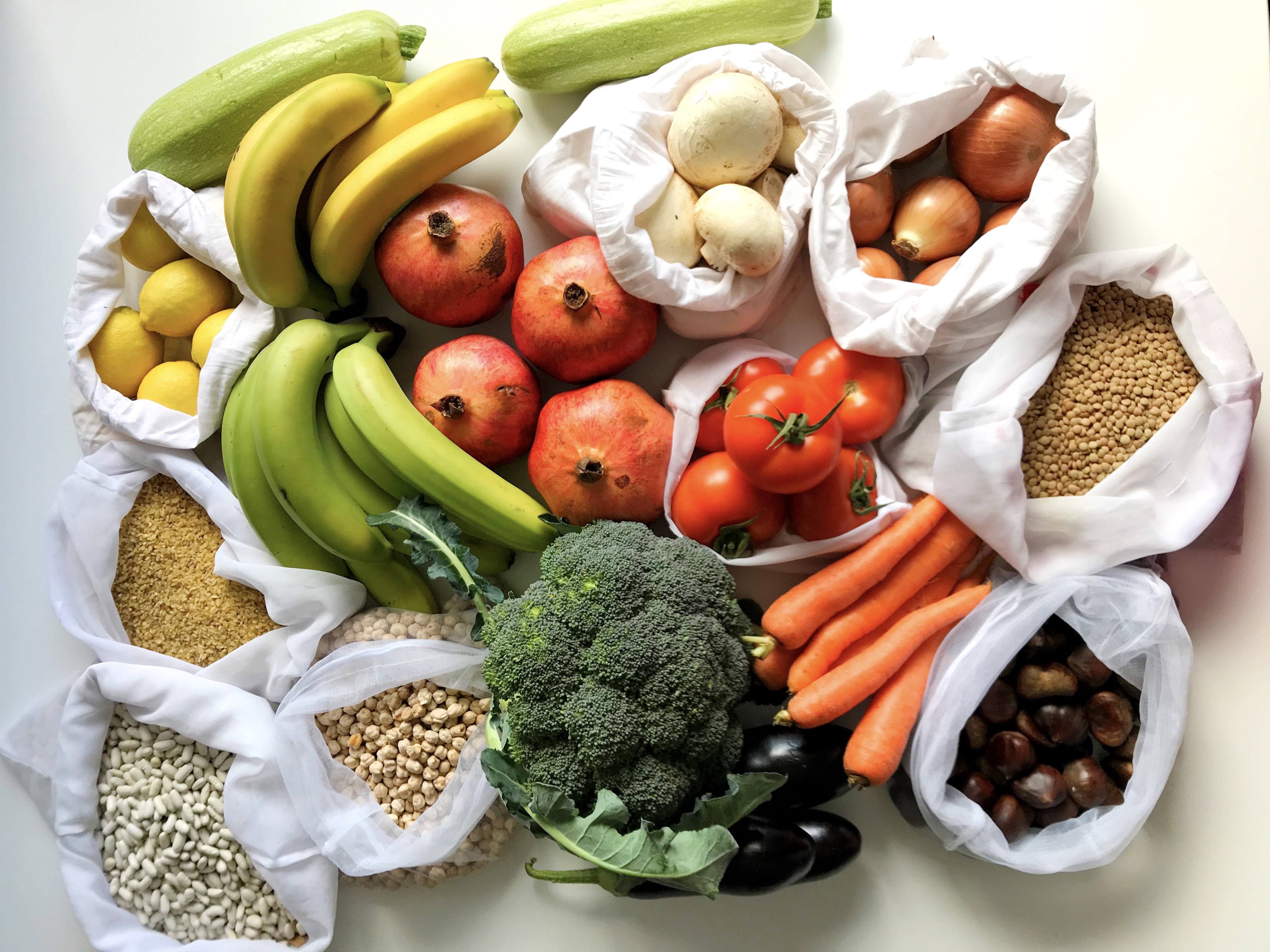Why milk and dairy are bad for our health
“Thanks to countless millions of dollars in advertising, almost everybody thinks they need milk”
(Read more about it here No body needs milk)
And of all the animals on the planet, people are the only creatures who routinely consume the milk products of other species.
Calcium is an important mineral that helps to keep bones strong.
Our bones are constantly remodelling, meaning the body takes small amounts of calcium from the bones and replaces it with new calcium. Therefore, it is essential to have enough calcium so that the body doesn’t decrease bone density in this remodelling process.
Though calcium is necessary for ensuring bone health, the actual benefits of calcium intake do not exist after consumption passes a certain threshold.
Consuming more than approximately 600 milligrams per day—easily achieved without dairy products or calcium supplements—does not improve bone integrity.
(Read more about it here Dairy fact sheet)
“A large observation cohort study in Sweden found that women consuming more than 3 glasses of milk a day had almost twice the mortality over 20 years compared to those women consuming less than one glass a day. In addition, the high milk-drinking did not improved bone health. In fact, they had more fractures, particularly hip fractures”
(You can find more research studies click here)
The most healthful calcium sources are:
Dark green leafy vegetables (examples)
• Kale,
• Swiss chard,
• Collard greens,
• Bok Choy,
• Turnip greens,
• Mustard greens,
• Spinach,
• Broccoli,
Legumes
• variety of beans,
• variety of lentils,
• chickpeas
Calcium in dark green leafy vegetables are absorbed about twice as well as the calcium in milk.
And there is a bonus – fibre, folate, iron, antioxidants, vitamin K.
What you do get as a bonus to the calcium in milk is saturated fat, grow hormones, cholesterol, lactose sugar, antibiotics, pesticides and pus.
“There is compelling scientific evidence that consumption of dairy products is strongly associated with the following:
Diabetes – Insulin-dependent (type 1 or childhood-onset) diabetes is linked to consumption of dairy products in infancy. A 2001 Finnish study of 3,000 infants with genetically increased risk for developing diabetes showed that early introduction of cow’s milk increased susceptibility to type 1 diabetes. In addition, the American Academy of Paediatrics’ observed up to a 30 percent reduction in the incidence of type 1 diabetes in infants who avoid exposure to cow’s milk protein for at least the first three months of their lives.
Constipation – milk & dairy contain NO fibre
Ear infections
Sinus congestion
Lactose intolerance is common among many populations. Symptoms, which include gastrointestinal distress, diarrhoea, and flatulence, occur because these individuals do not have the enzyme lactase to digest the milk sugar lactose. When digested, the breakdown products of lactose are two simple sugars: glucose and galactose. Nursing children have active enzymes that break down galactose, but as we age, many of us lose much of this capacity.
Skin problems including rashes, dermatitis, eczema, hives, and acne
Asthma
Digestive disturbance (including irritable bowel syndrome and crohn’s disease)
Arthritis and joint pain
Obesity
Cancer – Consumption of dairy products has also been linked to higher risk for various cancers, especially to cancers of the reproductive system. Most significantly, dairy product consumption has been linked to increased risk for prostate and breast cancers.
The danger of dairy product consumption as it relates to prostate and breast cancers is most likely related to increases in insulin-like growth factor (IGF-1), which is found in cow’s milk. Consumption of milk and dairy products on a regular basis has been shown to increase circulating levels of IGF-1.
Perhaps the most convincing association between IGF-1 levels and cancer risk is seen in studies of prostate cancer. Case-control studies in diverse populations have shown a strong and consistent association between serum IGF-1 concentrations and prostate cancer risk. One study showed that men with the highest levels of IGF-1 had more than four times the risk of prostate cancer, compared with those who had the lowest levels.
In the Physicians Health Study, tracking 21,660 participants for 28 years, researchers found an increased risk of prostate cancer for those who consumed ≥2.5 servings of dairy products per day as compared with those who consumed ≤0.5 servings a day. This study, which is supported by other findings, also shows that prostate cancer risk was elevated with increased consumption of low-fat milk, suggesting that too much dairy calcium, and not just the fat associated with dairy products, could be a potential threat to prostate health.
In addition to increased levels of IGF-1, oestrogen metabolites are considered risk factors for cancers of the reproductive system, including cancers of the breasts, ovaries, and prostate. These metabolites can affect cellular proliferation such that cells grow rapidly and aberrantly, which can lead to cancer growth.
Consumption of milk and dairy products contributes to the majority (60-70%) of oestrogen intake in the human diet.
In a large study including 1,893 women from the Life after Cancer Epidemiology Study who had been diagnosed with early-stage invasive breast cancer, higher amounts of high-fat dairy product consumption were associated with higher mortality rates. As little as 0.5 servings a day increased risk significantly. This is probably due to the fact that estrogenic hormones reside primarily in fat, making the concern most pronounced for consumption of high-fat dairy products.
The consumption of dairy products may also contribute to development of ovarian cancer.
The relation between dairy products and ovarian cancer may be caused by the breakdown of the milk sugar lactose into galactose, a sugar which may be toxic to ovarian cells.
In a study conducted in Sweden, consumption of lactose and dairy products was positively linked to ovarian cancer. A similar study, the Iowa Women’s Health Study, found that women who consumed more than one glass of milk per day had a 73 percent greater chance of developing ovarian cancer than women who drank less than one glass per day.
And in addition a compilation of all the best studies found NO association between milk consumption and hip fracture risk in adults and not even in adolescence.
Hip fracture rates are highest in populations with the greatest milk consumption.
I have also summarized another couple of articles and videos for you to see and read “why milk & dairy are bad for our health
1. Trans fats in meat & Dairy (video)
2. Is milk good for our bones? (video)
3. Got the facts on milk (movie)
4. Protecting your bones (article)
5. Plant vs Cow calcium (video)
6. More milk, more problems (article)
7. Prostate cancer and organic milk vs almond milk (video)
Keep your BODY HEALTHY & EAT WHOLE PLANT BASED FOOD
Thank you for reading and taking the time to watch these videos and reading the information in these articles.
Looking forward to your comments below.
From my heart to yours.
Inkka💕
Learn about
Whole food plant based lifestyle
My journey to plant based lifestyle
Health benefits of whole food plant based lifestyle
Environmental benefits of plant based lifestyle
Why to live zero waste lifestyle








